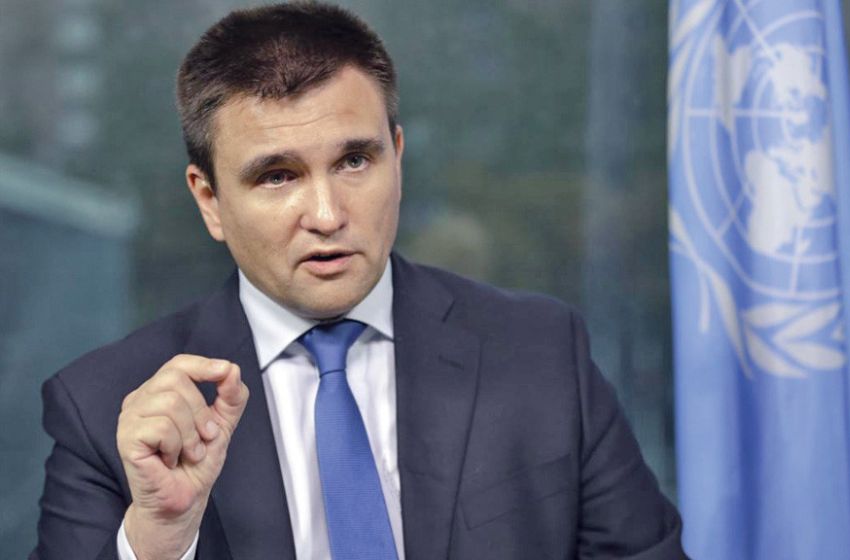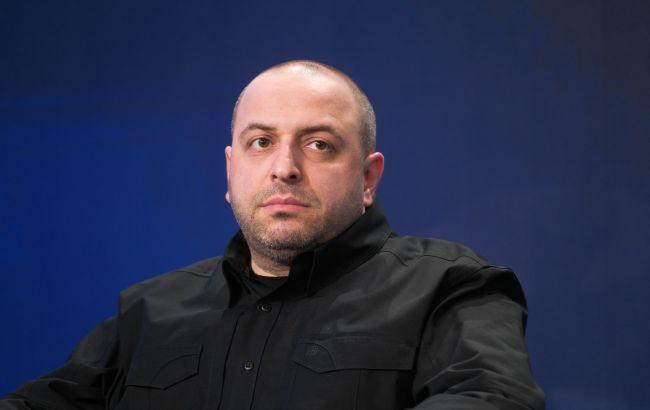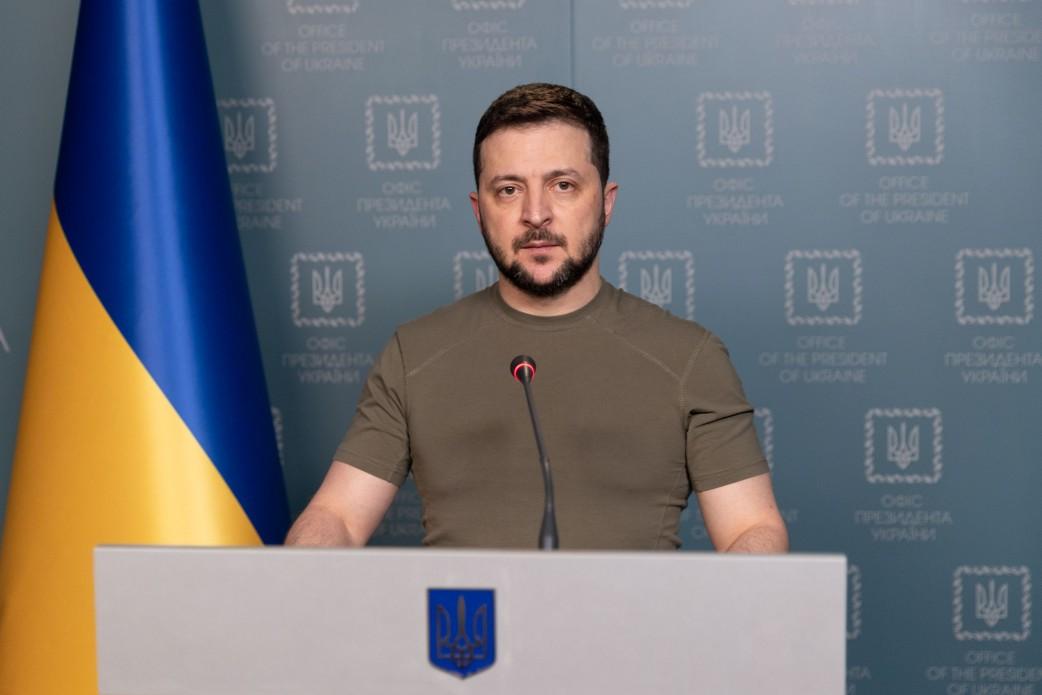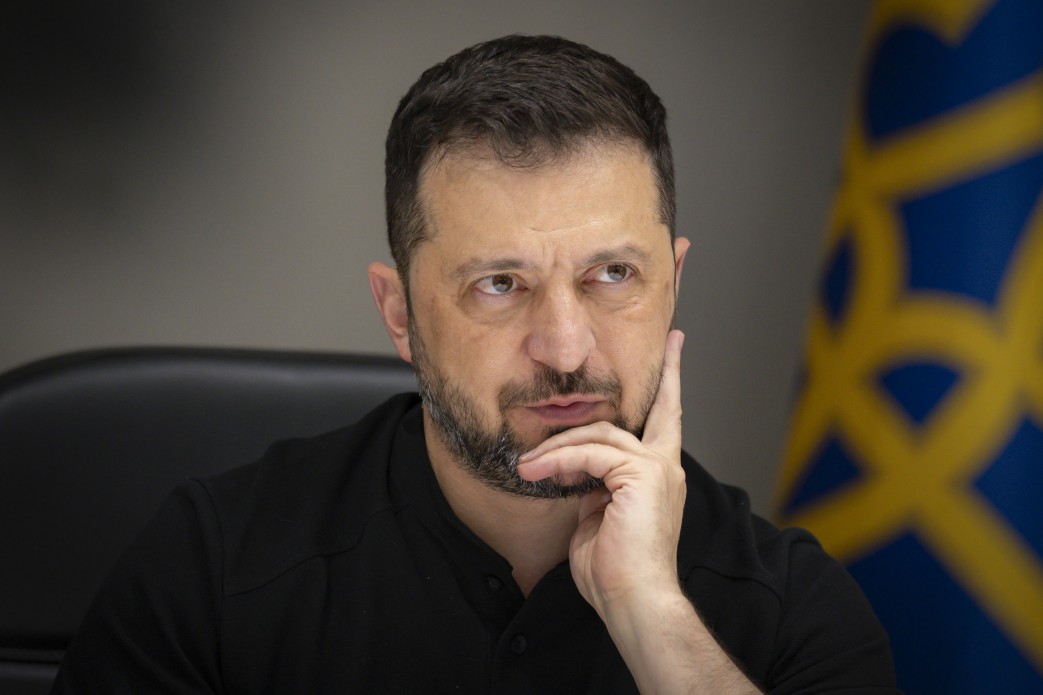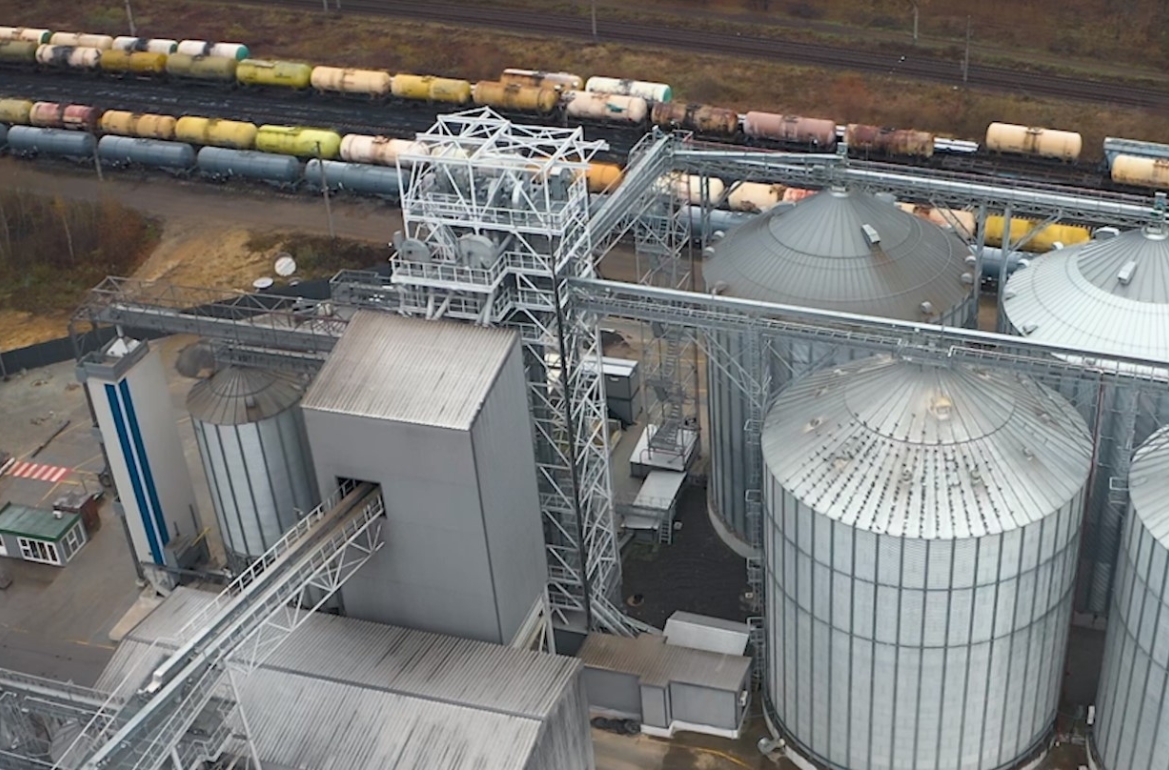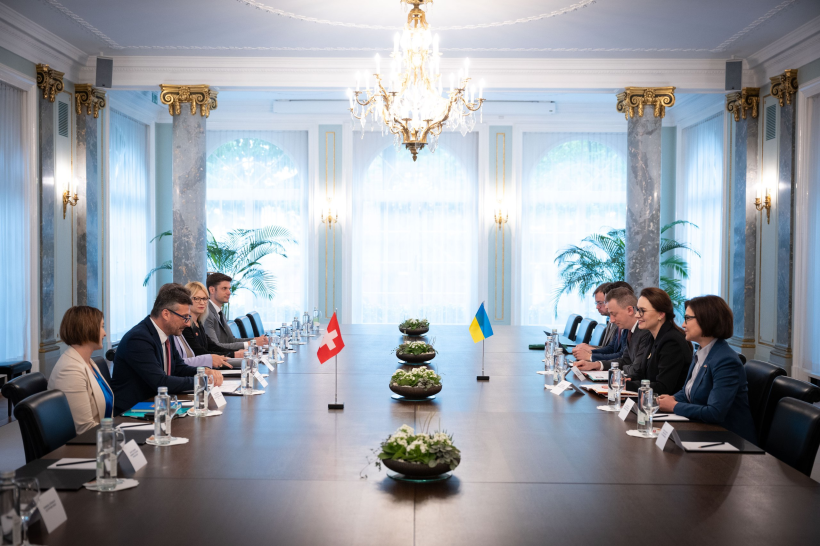Russian President Vladimir Putin may agree to a new version of the grain agreement during his meeting with Turkish leader Recep Tayyip ErdoÄŸan. However, if this disrupts the sanctions regime, Ukraine should not pursue it, according to former Ukrainian Foreign Minister (2014-2019) Pavlo Klimkin in an exclusive interview with TSN.
Klimkin believes that Putin wants to demonstrate his strong position, and extending the grain deal would portray it as weak. He highlights the internal struggle within Russia, including protests against the grain deal orchestrated by Yevgeny Prigozhin, as one of the factors influencing Putin's decision. As Putin's re-election campaign begins, he will want to be perceived as a "strong" leader, and meeting with Erdogan serves that purpose.
Klimkin speculates that Putin may agree to a new version of the grain agreement but would want to showcase some achievement. He cautions against going along with it if it undermines the sanctions regime, suggesting that Ukraine should align its strategy with its Western partners and Turkey.
The former minister expresses unease about having to seek Russia's permission for such matters and acknowledges that there are conflicting interests. On one hand, Ukraine benefits economically from the grain deal, creating jobs and revenue. On the other hand, it helps prevent Russia from using food as a propaganda tool in Asia and Africa and keeps inflation in check in the Western world.
Klimkin emphasizes the complexity of Ukraine's decision, noting that he does not support the complete destruction of a significant sanctions regime. He believes that Erdogan has some influence over Putin, but it is limited. He calls for collective pressure on Russia from multiple actors to push for a more acceptable solution.
Ultimately, Klimkin concludes that only collective pressure from a position of strength will lead Ukraine to a more or less acceptable outcome.









